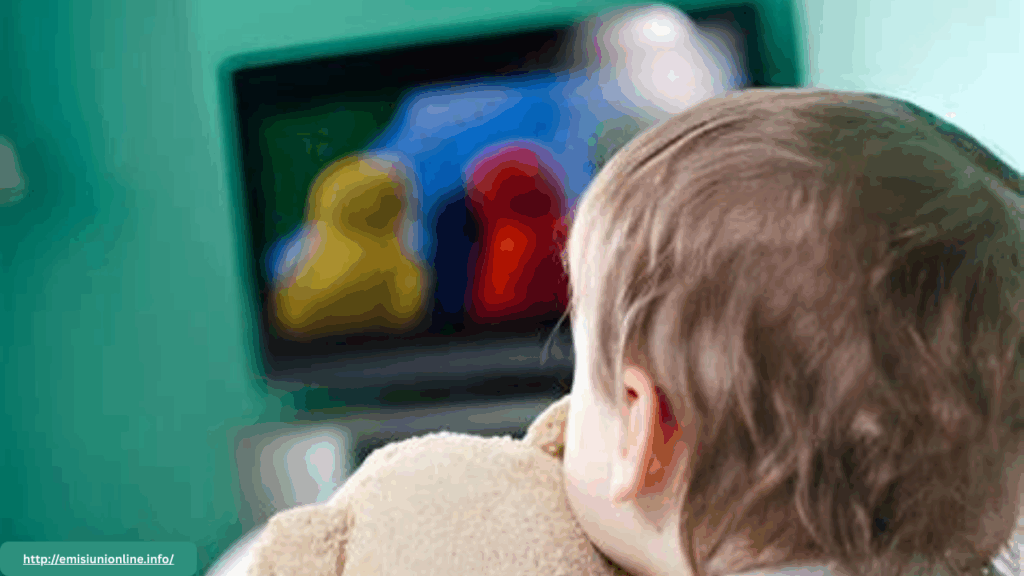Children and TV: How Screen Time Shapes Emotional and Cognitive Development
posted by: Guest
No Comments »

Television has long been a staple in many households, offering entertainment and even education. For children, TV can be a source of fun, curiosity, and learning—but it also plays a powerful role in shaping their emotional and cognitive development. As screen time continues to increase among kids, especially with the rise of streaming platforms and digital devices, it’s essential to understand how television is influencing young minds.
The Cognitive Impact of TV on Children
TV can have both positive and negative effects on a child’s cognitive development, depending largely on the content and the amount of time spent watching.
Educational Benefits:
When chosen carefully, TV programs can support early learning. Shows like Sesame Street, Dora the Explorer, and Bluey are designed to teach numbers, letters, problem-solving, and social skills. These types of programs can boost language development, improve attention span, and enhance memory skills in young children.
Delayed Development and Reduced Focus:
However, excessive or passive screen time—especially content that is fast-paced, violent, or not age-appropriate—can impair cognitive growth. Studies have shown that children who spend too much time in front of screens may have delayed language development and poorer academic performance. This is because screen time often replaces activities that are more beneficial for the brain, such as reading, creative play, and face-to-face interactions.
Emotional and Social Development Concerns
TV also shapes how children understand and express their emotions and how they interact with others.
Modeling Behavior:
Children often mimic what they see on screen. If a show features characters who resolve conflict through yelling, deception, or violence, children may begin to think that such behavior is acceptable in real life. On the other hand, shows that model empathy, cooperation, and kindness can encourage similar behaviors in young viewers.
Desensitization to Emotions:
Exposing children to too much emotional intensity or violence can lead to emotional desensitization. This means they may become less sensitive to the feelings of others or struggle to manage their own emotions effectively. This emotional blunting can impact their ability to form healthy relationships and cope with stress.
Impact on Self-Esteem:
Television can also affect how children view themselves. Shows that emphasize unrealistic beauty standards, gender stereotypes, or material wealth may lead children to feel inadequate or develop low self-esteem. Representation matters—seeing characters who look like them and face similar experiences helps children feel valued and understood.
Guidelines for Healthy Viewing
To make TV a positive influence in a child’s development, it’s important for parents and caregivers to take an active role:
- Limit Screen Time: The American Academy of Pediatrics recommends no more than 1 hour per day of high-quality programming for children aged 2 to 5, and limited screen time for older kids.
- Watch Together: Co-viewing allows adults to explain content, ask questions, and relate lessons to real life.
- Choose Wisely: Select age-appropriate, educational, and emotionally supportive programs.
- Encourage Balance: Make time for outdoor play, reading, social interaction, and creative activities.
Conclusion
TV is a powerful tool that can either support or hinder a child’s emotional and cognitive development. With mindful viewing, clear boundaries, and parental involvement, television can enrich children’s lives—rather than limit their growth.